Our Business Verticals

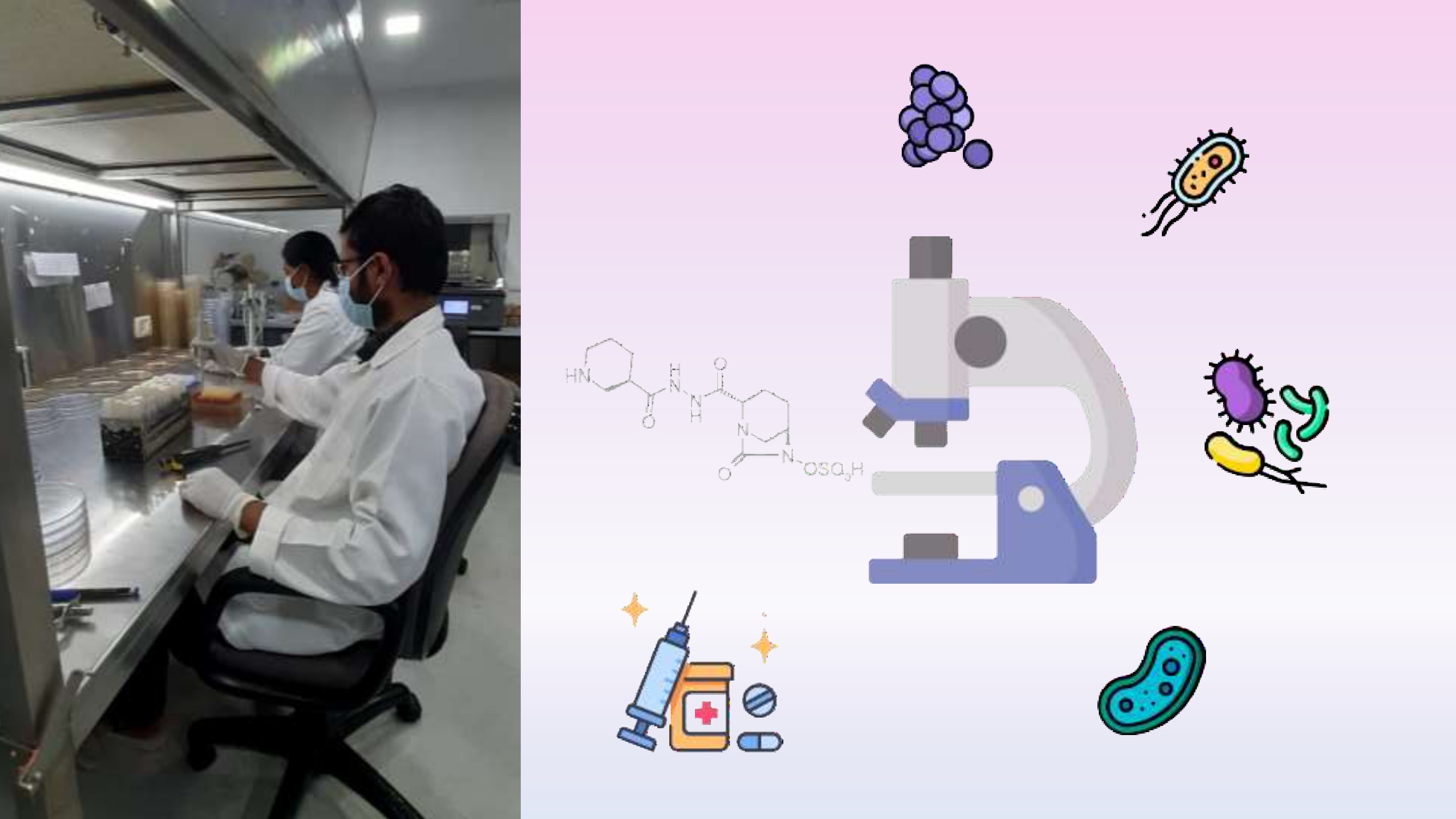
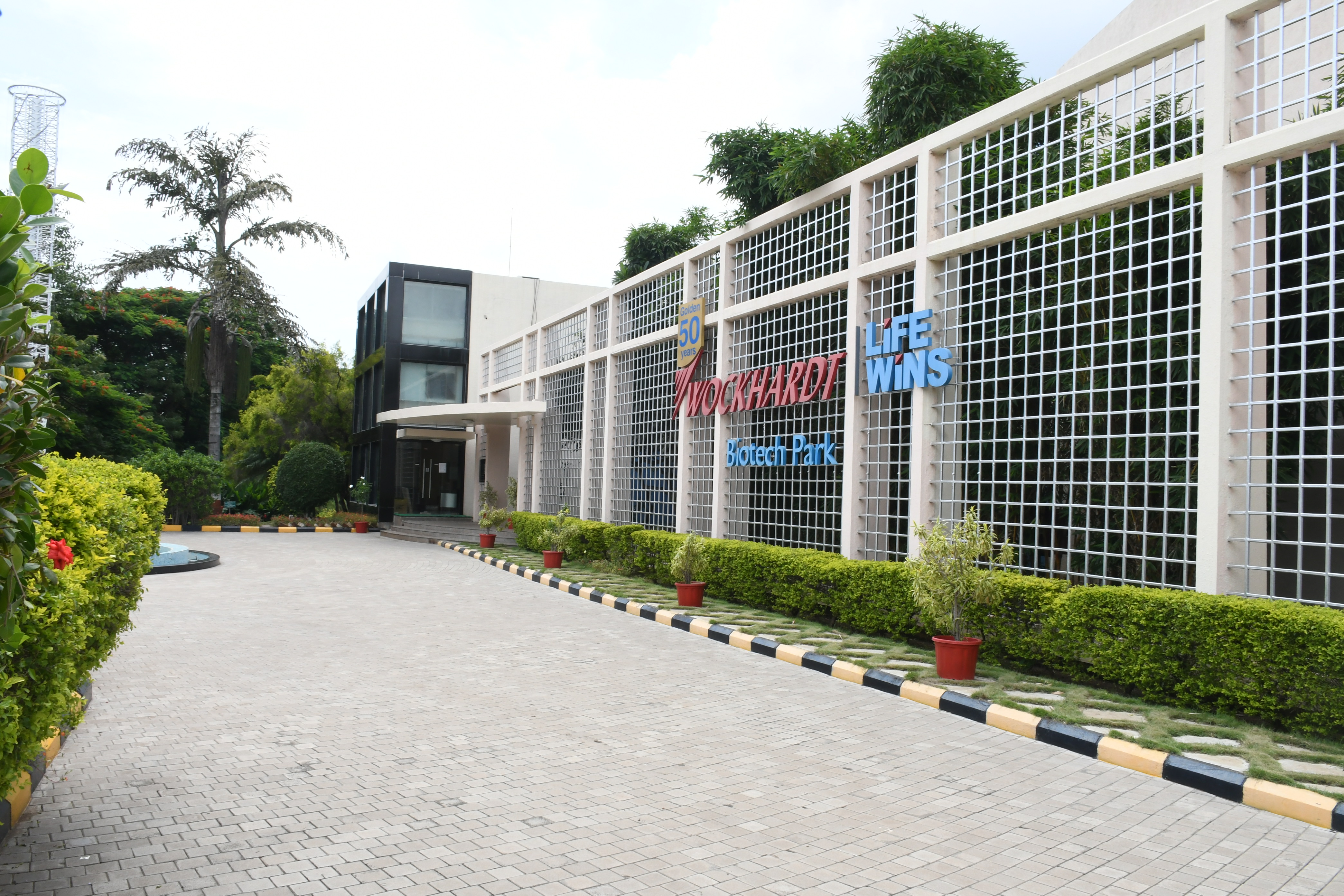

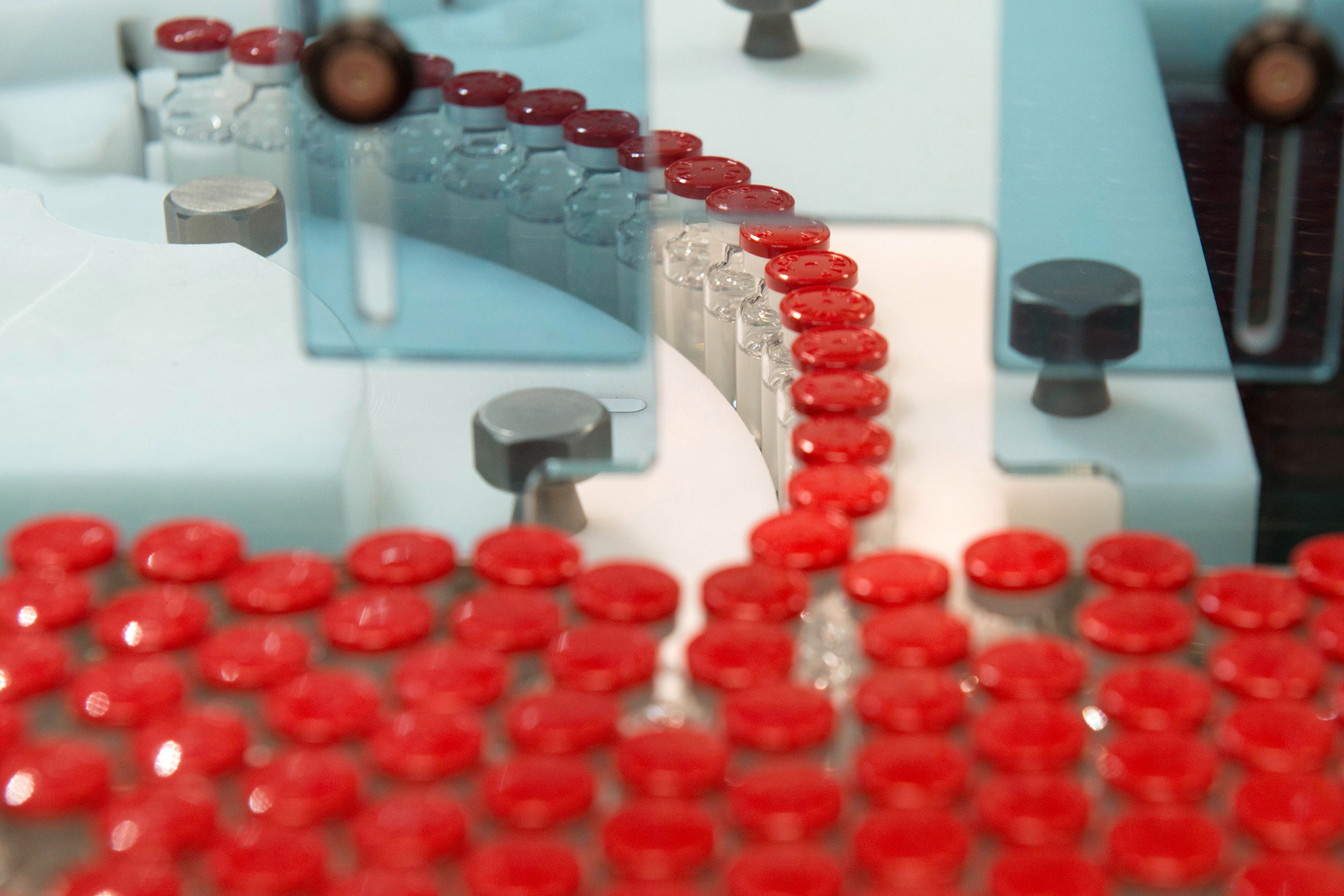
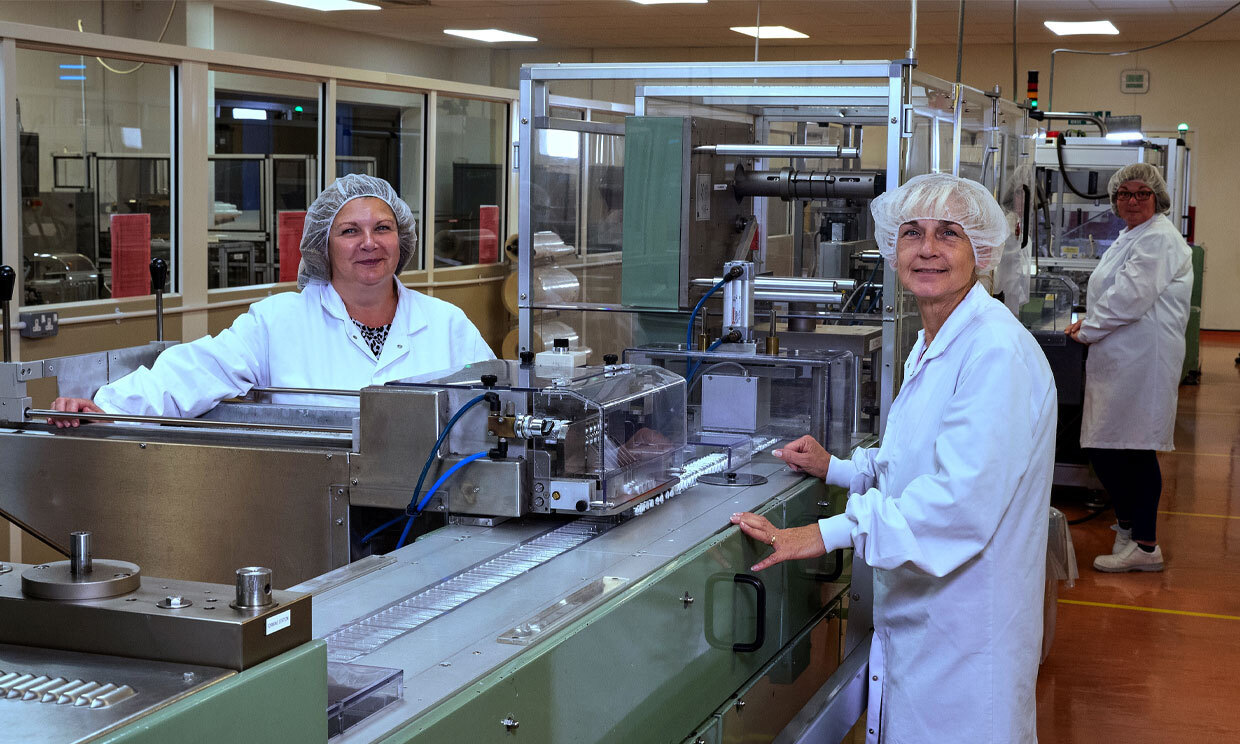
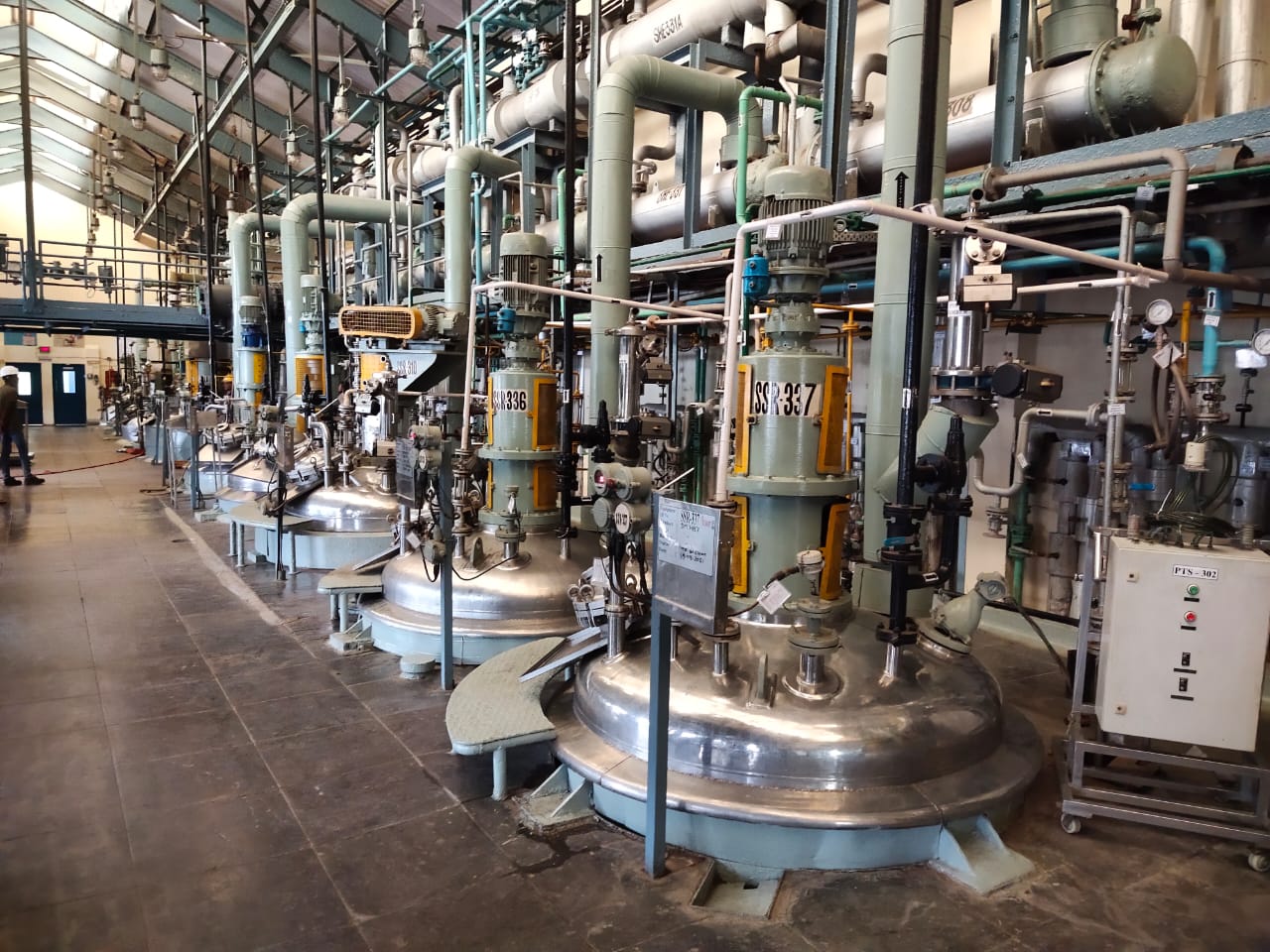
Winning Business Segments
As a research-based pharmaceutical company with a global manufacturing and marketing footprint, we manufacture and supply branded and generic finished formulations, as well as intermediate products like APIs, worldwide. In our 55 years since inception, we have grown and evolved to emerge as an integrated pharmaceutical company with ‘Concept to Commercialisation’ capabilities.
Our global experience and expertise; international collaborations and partnerships; worldwide marketing presence; comprehensive R&D capabilities; a strong and growing Intellectual Property (IP) base; a portfolio of innovative products and novel drug delivery systems; and a promising pipeline of new drugs under development; make us the ideal choice can be leveraged for Contract Manufacturing, Market Access in developed and emerging markets, New Drug Development etc.
Our presence across the pharmaceutical value chain is complemented by our successful venture in healthcare where we have set up a chain of 6 super specialty tertiary care hospitals with an unmatched reputation for quality and life-saving and life-enhancing medical outcomes.
EMROK
WCK 771 & WCK 2349 are the first two NCEs from Wockhardt’s antibiotic discovery program approved in India in 2019 as first ever India discovered novel antibiotics. Based on extensive preclinical and clinical development efforts spread over 12 years, WCK 771 (INN: levonadifloxacin, 800 mg, IV twice-daily) was introduced under the brand name EMROK. EMROK is derived from unique benzoquinolizine structural sub-class which was designed to offer excellent safety in patients with multiple-morbidities, assuring clinical efficacy based on favourable pharmacokinetic/pharmacodynamic features, broad spectrum bactericidal action and multi-indication utility. The differentiated structural features of EMROK and EMROK O has bestowed them with coverage of MDR/XDR Gram positive pathogens including MRSA, quinolone-resistant S. aureus, vancomycin/teicoplanin non-susceptible S. aureus, anaerobes, MDR streptococci. In addition, EMROK is enriched with several other patient-centric features such as freedom from on-therapy safety parameter monitoring and need for dose adjustments in patients with renal and hepatic function impairments as well as minimal drug-drug interaction facilitating co-medication with other drugs without safety or efficacy risk. EMROK is formally approved for acute bacterial skin and skin structure infections including diabetic-foot-infections and concurrent bacteraemia caused by Gram positive pathogens including MRSA. EMROK is designated as qualified infectious disease product (QIDP) by US FDA due to its ability to meet unmet need in the management of serious bacterial infections.
EMROK O
Realizing pressing unmet need of a safer, oral MDR Gram positive MRSA antibiotic, in early 2000, Wockhardt discovery team embarked on identifying an appropriate oral dosage form of WCK 771. This was scientifically a challenge as the goal was to evolve an oral drug with a pharmacokinetic profile mimicking the injectable WCK 771 and safety commensurate to prolonged treatment required for certain recalcitrant MRSA infections and use in out-patient settings. With efforts spread over 3 years, the team designed >70 prodrug based NCEs and finally selected L-Alanine prodrug of WCK 771 (levonadifloxacin) code named as WCK 2349 (INN: Alalevonadifloxacin, 1000mg tablets, twice-daily). Subsequent extensive clinical evaluations including phase 3 study led to approval of WCK 2349 under the brand name EMROK O. Clinical studies conducted in US demonstrated that EMROK O shows 90% oral bioavailability and the human pharmacokinetic profile of oral EMROK O at 1000 mg BID mimics that of 800 mg BID of EMROK administered intravenously. Clinical pharmacology studies proved that, no dose adjustments are required for EMROK O for patients with renal (<5% renal elimination) or hepatic impairment (based on study conducted in US) and EMROK could be taken regardless of fed status as food has no impact on its bioavailability. Safety assessments based on clinical studies (approx. 1000 patients/subjects) and real-word use (>50,000 patients), have established a remarkable gastro-intestinal, CNS, CVS, hepatic and renal safety as well as enabling features of minimal drug-drug interaction and freedom from monitoring lab safety parameters on therapy. EMROK is also designated as qualified infectious disease product (QIDP) by US FDA.
Due to their uniquely attractive clinical profile, till date, >50,000 patients have been treated with EMROK and EMROK O involving a range of difficult-to-treat infections such as bone and joint infections, catheter-associated blood stream infection, pneumonia, diabetic-foot infection, COVID linked bacterial infection etc. Under partnership, EMROK and EMROK O are also being developed in Russia and registration of these drugs is on-going in several emerging markets.
Nafithromycin
Globally as well as in India, in terms of disease burden, community-acquired bacterial pneumonia (CABP) is one of the top-ranking infections. Its management is particularly challenging due to growing resistance to current 1st line antibiotics, their safety limitations and compliance-challenging longer dosing regimen. The treatment of respiratory infections in the out-patient settings is further complicated in older age patients and children; the most vulnerable segment of patients. Realizing this challenge, Wockhardt discovery team embarked on identifying a novel oral respiratory antibiotic with coverage of multi-drug resistant pathogens, assuring safety profile and easy to comply dosing regimen. After five years of discovery efforts, the team identified a well differentiated respiratory antibiotic WCK 4873 (INN: Nafithromycin). Phase 1 and Phase 2 studies conducted in US and globally helped evolve 1st time ever an ultra-short-course oral dosing regimen (800 mg once-daily for 3 days) for the treatment of CABP. Such ultra-short course oral dosing regimen was clinically successful due to high and sustained lung concentrations of nafithromycin. Importantly, nafithromycin is highly potent against entire range of respiratory pathogens such as S. pneumoniae, H. influenzae, M. catarrhallis, staphylococci and atypical pathogens regardless of underlying azithromycin, penicillin or quinolone resistance. Nafithromycin is currently nearing the completion of Phase 3 study with expected launch in 2024. Nafithromycin has also been designated as qualified infectious disease product (QIDP) by US FDA.
WCK 4282
Globally and in India, a significant surge in ESBL producing Gram negative pathogens has led to severe compromise in the efficacy of older work-horse antibiotics such as 3rd and 4th generation cephalosporins, quinolones, piperacillin/tazobactam and cefoperazone/sulbactam. For instance ESBL mediated resistance to piperacillin/tazobactam and cefoperazone/sulbactam in Enterobacterales is ~55% in India. WCK 4282 is designed to fill this critical therapeutic void by offering a significantly superior ESBL coverage as compared to piperacillin/tazobactam and cefoperazone/sulbactam along with excellent safety profile. It is a globally patented and pharmacodynamically optimised high dose combination of clinically well-established, cefepime and tazobactam, currently in Phase 3 stage of development. The safety of WCK 4282 has been established through several Phase 1 studies conducted in US and EU including in subjects with various degree of renal impairment. Upon approval, WCK 4282 would provide a superior replacement for piperacillin/tazobactam and cefoperazone/sulbactam and drastically minimize the dependence on carbapenems such as meropenem and imipenem, enable clinicians in reinstating antibiotic stewardship practice, and provide a much safer work horse therapy for hospitalized patients. WCK 4282 has also been designated as qualified infectious disease product (QIDP) by US FDA.
ZaynichTM
ZaynichTM, (Zidebactam/Cefepime – WCK 5222) a combination of Zidebactam and Cefepime, is Wockhardt’s novel patented antibiotic, targeted towards multi-drug resistant Gram-negative infections which has been granted Qualified Infectious Disease Product status by the US FDA. It is currently undergoing a multi-national Phase III study which would support its registration/marketing authorization globally. Earlier, multiple Phase I studies including clinical pharmacology studies with Zidebactam/Cefepime were conducted in US. Zaynich™ is also undergoing a Phase II study in India for the treatment of documented carbapenem-resistant infections. Globally renowned US body Clinical and Laboratory Standards Institute (CLSI) has endorsed a high susceptibility breakpoints of ≤ 64 mg/L to ZaynichTM which is suggestive of its strong potential to comprehensively cover clinically important, extreme drug resistant Gram negative pathogens in seriously ill patients. Under compassionate use, Zaynich™, has successfully treated over 50 critically ill patients in India and US who were suffering from extreme drug-resistant infections and did not respond to any of the available treatment options.
WCK 6777
Several countries in the world are experiencing high rates of multi-drug resistant pathogens, particularly in hospitals leading to serious hospital-associated infections often requiring long hospital stay and increased treatment. The scenario is further complicated by reports of rise in community-onset multi-drug resistant infections and in the absence of an effective out-patient therapy; currently such patients too require hospitalization, thus further burdening the already overloaded hospital infrastructure. This situation highlights the need for MDR-active effective outpatient parenteral antimicrobial therapies (OPAT). OPAT has the potential to be the ‘standard-of-care’ to enable community management of resistant infections currently requiring hospitalizations. WCK 6777, a combination of ertapenem and zidebactam is being developed to address this unmet need of an OPAT drug with potential to treat the toughest resistant pathogens. Preclinical translational studies have shown that once-daily IV treatment with WCK 6777 is bactericidal to nearly all variants of carbapenem-resistant Enterobacterales (E. coli, Klebsiella, Enterobacter etc) which are often the cause of community as well as hospital infections such as urinary tract and gastro-intestinal infections (UTIs). Recently, the National Institute of Allergy and Infectious Diseases (NIAID), part of the National Institutes of Health (NIH), United States of America (USA) has successfully completed Phase 1 clinical trial in US for Wockhardt’s novel once-a-day, multidrug-resistant (MDR) Gram-negative targeted antibiotic WCK 6777. Once-a-day therapeutic profile of WCK 6777 is expected to cut hospital admissions, facilitate early patient discharge and thus introduce patient-centric care for MDR infections. The Food and Drug Administration (USA) has granted a qualified infectious disease product (QIDP) designation to WCK 6777, which signifies its ability to meet unmet medical need and facilitates faster approval process.
Wockhardt is developing WCK 6777 as a potential out-patient parenteral antimicrobial therapy for the infections caused by multi-drug resistant pathogens for which relevant clinical trials would be conducted. Such clinical trials are a preferred way of access to the patients as they help in establishing safety and effectiveness of the new antibiotics and eventually supports regulatory approval. Therefore, Wockhardt is not making WCK 6777 available for an expanded access/compassionate use at this time.
Wockhardt’s biological business was established in 2004, and since then the company has been focusing on the development and manufacture of biological products. Wockhardt is a fully integrated, innovation-led company committed to provide high quality biological products at an affordable price for needy patients and healthcare systems across the globe. Wockhardt holds 45 patents in biosimilar and biobetter development phase.
Diabetic segment is one of the prime focus area and the product range includes rapid acting, fast-acting and long-acting insulin formulations to meet the needs of patients with different types of diabetes. Insulin and Insulin Analogue products are available in vials and cartridges, making it convenient for patients to use. The company also offers an in-house developed insulin pen, which is an easy-to-use device for administering insulin. Wockhardt holds 16 patents for its insulin pen globally and the patent is valid till 2035.
Wockhardt has a state-of-the-art research and development facility located in Chhatrapati Sambhajinagar, India, where the biosimilar and biobetter products are being developed. The facility is equipped with advanced technologies and has a team of highly skilled multidisciplinary scientists who are involved in developing high-quality biological products. The research team has proven expertise in developing products using yeast, E. coli and mammalian cell based expression platforms.
Wockhardt is also equipped with in-house animal facility and glucose clamp facility to conduct preclinical and PK/PD clinical studies for biological products respectively.
Wockhardt has packaging and device development team who are focused on developing innovative packaging and drug delivery devices (Insulin pens) for biosimilar and biobetter products. Wockhardt has developed in-house disposable and re-usable insulin pens with patented design.
Wockhardt’s state-of-the-art biotech facilities in Chhatrapati Sambhajinagar, India, have six dedicated manufacturing facilities for biopharmaceutical bulk as well as recombinant formulations. Wockhardt Biotech Park was inaugurated and dedicated to the nation by Honourable President of Indian Republic, Dr. A.P.J. Abdul Kalam in the year 2004 and Wockhardt’s Biotech Park has created its own benchmark in manufacturing recombinant products with world-class technology.
Wockhardt’s biological diabetic business has been growing rapidly over the years and Wockhardt’s diabetic biological products are being marketed in 30+ countries around the world. Wockhardt has been expanding its diabetic portfolio by developing new products and entering into partnerships with other companies.
In conclusion, Wockhardt’s biological business has been a key growth driver for the company in recent years. The company’s focus on research and development, state-of-the-art manufacturing facilities, and global presence has enabled it to become a leading player in the biosimilar market. With the increasing demand for diabetic biosimilar and biobetter products, Wockhardt is well-positioned to continue its growth trajectory in the coming years.
As a research-based pharmaceutical company with a global footprint, our core business is the development, manufacture and marketing of pharmaceuticals across various therapeutic segments. These include finished formulations, biopharmaceuticals, branded generics, OTC and prescription products etc.
Our track record of innovation and pioneering developments in biopharmaceuticals include Glaritus, a Long-Acting Biosimilar Glargine; Wosulin, a Recombinant Human (r-DNA) Insulin; Wepox, the world’s only r-DNA Erythropoietin available in 10 strengths; and Human Insulin (rDNA origin).
Our pharmaceutical products maintain leading positions across geographies and therapeutic segments.
In the US, we are amongst the Top 3 in around 20 products in respective market segments of Generics, OTC, Hospitals and Paediatrics.
In the UK, we are amongst the Top 5 generic companies and the second largest generic company in Retail and Hospital Segments.
In Ireland, we are the largest generic company in hospital products.
In India, we have strong presence in Nephrology, Diabetes , Critical Care and also have 1 brand featuring amongst the top 300 brands in IQVIA, June Mat 2023.
Our presence in the emerging markets of Latin America, CIS, Africa, Asia and MENA are marked by our focus on diabetes, biosimilars and branded generics.
Wockhardt has been manufacturing vaccines for over two decades and the company has a state-of-the-art vaccine manufacturing facility in the United Kingdom (UK) that has been a key contributor to the global fight against COVID-19. The facility was one of the first in the world to start manufacturing the COVID-19 vaccine developed by AstraZeneca and Oxford University.
The facility is located in Wrexham, North Wales, and is capable of producing millions of doses of vaccines each week. The Wrexham facility was established in 1997 and was acquired by Wockhardt in 2003. The company’s COVID-19 vaccine, which was developed in partnership with the UK government and Oxford University, is also manufactured at this facility.
The facility is equipped with advanced technologies and has a team of experienced scientists and researchers who are dedicated to manufacturing high-quality vaccines. The facility has several manufacturing lines, which allows it to produce multiple vaccines simultaneously.
Wockhardt UK has entered into a partnership with the Serum Institute of India to manufacture vaccines in the United Kingdom. Wockhardt and Serum to build new state-of-the-art vaccine manufacturing facility in Wrexham, UK to manufacture the COVID-19 vaccine developed by Serum Institute of India.
Wockhardt also has a state-of-the-art vaccine manufacturing facility located in Shendra, India, where the company has the capabilities to manufacture vaccine products. The facility is equipped with advanced technologies and has a team of experienced scientists and researchers who are dedicated to manufacturing high-quality vaccines.
During the COVID-19 pandemic, Bulk vaccine manufacturing facility at Waluj, Chhatrapati Sambhajinagar and drug product facility at Shendra, Chhatrapati Sambhajinagar were inspected and approved by the State FDA and CDSCO, India, as part of the approval process for Sputnik vaccines. The facilities were approved to export 1 billion vaccine doses.
In conclusion, Wockhardt’s vaccine business has been a key growth driver for the company in recent years. The company’s focus on research and development, state-of-the-art manufacturing facilities, and global presence has enabled it to become a leading player in the vaccine market. With the increasing demand for vaccines, Wockhardt is well-positioned to continue its growth trajectory in the coming years.
Wockhardt has 15 manufacturing facilities-11 in India and one each in the US, UK, Ireland & UAE-approved by various regulatory entities like US FDA, UK MHRA, ANVISA, Gulf GCC, WHO GMP etc. This makes the ideal outsourcing partner for pharmaceutical companies choosing third-party manufacturing as a strategic business option.
From development to high-volume commercial manufacture, our contract manufacturing services utilise more than fifty years of sterile manufacturing experience to ensure professional management all the way to market. We offer a ‘Full Turnkey Service’ capability, led by project managers with extensive business management experience. Our Contract Manufacturing team encompasses experts in Development, Technology Transfer, Manufacturing and Quality Assurance fully supported by specialists in Regulatory Affairs, Logistics, Planning, Engineering and Purchasing.
With our sterile manufacturing suite, we aim to provide cost-effective services delivering quality products efficiently and reliably.
Wockhardt’s strong R&D capabilities, worldwide manufacturing facilities, knowledge of regulatory requirements in developed markets of the US and Europe, and ‘Concept to Commercialisation’ capabilities, make it the ideal choice to collaborate and partner with for access to unrepresented or underserved markets across geographies.
Our strengths include product development through multi-disciplinary research activities covering complex APIs (Active Pharmaceutical Ingredients) and formulation dose development to CRO activities.
Our capabilities include a broad spectrum of dosage forms covering tablets & capsules, sachets, oral liquids & suspensions, small volume parenterals in ampoules & vials both in solution and lyophilized, cartridges, pre-filled syringes along with delivery devices like disposable, multiuse and metered pens, nasal sprays etc.
We have developed over 140 ANDAs (Abbreviated New Drug Applications) in the US and over 60 EU CTD Format Dossiers with several more in the pipeline. These products have been developed using complex technologies and comprise blockbuster products across niche segments.
We are one of the largest manufacturers of Dextromethorphan HBr API in the world. We constantly seek in-licensing as well as out-licensing opportunities with partners and collaborators with a complementary portfolio for the US and European markets.
